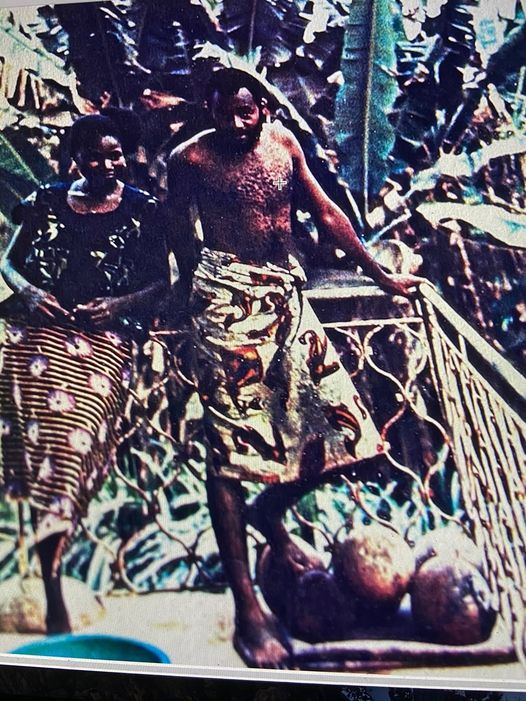The Hausa did not name us Yorùbá.
The Hausa did not name us Yorùbá.
The Hausa cannot even pronounce Yorùbá.
They say they pejoratively called us Yarubawa and we creatively changed it to Yorùbá. Rárá o. It’s the other way round.
We call ourselves Yorùbá and they pejoratively call us Yarubawa.
To be able to pronounce Yorùba correctly, you must understand the nuances of our triptych intonation.











